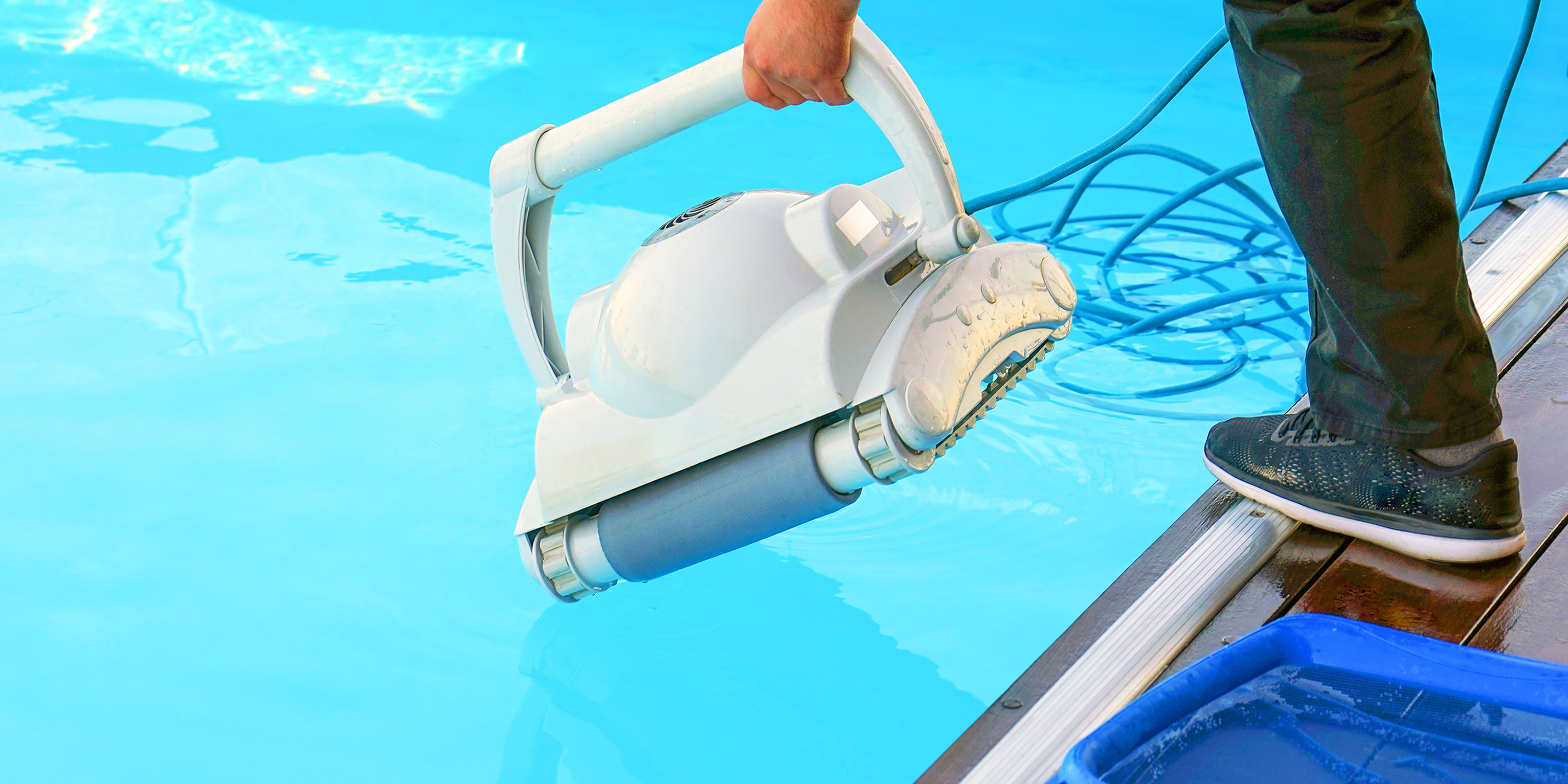blog
28 January 2024
Robotic cleaners though provide convenience and efficiency are not flexible and creative like human cleaners. Their programmed algorithms might get confused to going through complex environments or dealing with unexpected obstacles. In addition to that, robotic cleaners cannot provide the personalized touch and the attention to detail that humans can provide. For example, they may not be able to tell the difference between various types of surfaces and/or modify their cleaning methods accordingly. Furthermore, human cleaners provide a degree of empathy and understanding that cannot be imitated by machines. Nevertheless, robotic cleaners have their advantages but cannot completely replace human cleaners’ very own abilities.
How are robotic cleaners beneficial?


Robotic cleaners have many benefits, which make them the right choice for most homeowners. One of their main advantages is the capability to automate the cleaning process, thus freeing users from the need to do it themselves. Furthermore, the cleaners can clean areas which are impossible to reach by humans like under the furniture or in the tight corners. Their programmable functions allow scheduled cleanings, which keep the home always neat. Additionally, the robotic cleaners are equipped with sophisticated sensors and technology that enable them to navigate and adjust to different surfaces and objects. These benefits make robotic cleaners a priceless asset in keeping a tidy and neat living space.
What are the problems associated with robotic cleaners?
While talking about the disadvantages of robotic cleaners, we must not forget to mention their drawbacks as well. These autonomous devices do provide convenience and efficiency, but they may fail at certain cleaning tasks that require human intuition and flexibility. One major issue is that they are impaired in dealing with complex or irregular surfaces, which they navigate using predefined algorithms only. Moreover, robotic cleaners might not be appropriate for cleaning large debris or spills which would need manual intervention for efficient cleaning. In addition to that, their high initial cost and maintenance expenses can discourage potential users, hence it is necessary to assess the cost against the anticipated benefits.
How do robotic cleaners differ from human cleaners?
The differences between robotic cleaners and human cleaners should be taken into account when comparing them. Robotic cleaners with their autonomous operation and ability to reach the difficult spots provide unmatched convenience and effectiveness. Nevertheless, their weaknesses in dealing with complicated cleaning jobs and handling odd debris highlight the incomparability of human cleaners’ cognitive abilities. Even though robotic cleaners are good at consistency in cleaning schedules and safety features, human cleaners have emotional intelligence and the ability to deal with different cleaning needs. Knowing the advantages and disadvantages of each solution is key in choosing the right cleaning product for any home.


Conclusion
To sum up, knowing the pros and cons of robotic cleaners is paramount in assessing their suitability for household cleaning purposes. Robotic cleaners provide convenience and efficiency as they autonomously complete cleaning tasks, access difficult-to-reach areas, and operate on a predetermined schedule. Their safety features like obstacle avoidance sensors increase their appeal. However, adaptability to complex tasks, handling irregular debris, and lack of emotional intelligence limit the utility of robotic cleaners, thus making human cleaners irreplaceable. Hence, both robot and human cleaners should be considered from a balanced point of view when arriving at the most suitable cleaning solution for any household.











